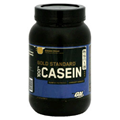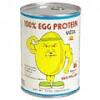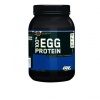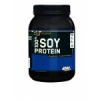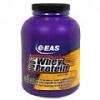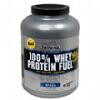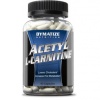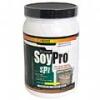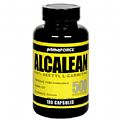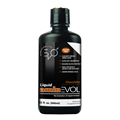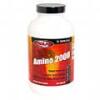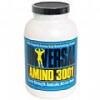- A common struggle for vegetarians is getting adequate protein. Being knowledgeable of vegetarian protein sources is critical to overall health.
- Many sources other than meat, chicken and fish contain high levels of protein. Even for those who are on a vegan diet that does not allow any animal products including dairy can still get all of the protein they need.
- Protein from non-animal sources is not complete protein source. It is important to use several different protein sources to reach adequate levels of intake.
Protein is the building block of all the cells in the body and plays a critical role in overall health. Without sufficient protein in the daily diet, health conscience vegetarians may actually cause more harm to their bodies. Below is a list of vegetarian protein sources that can be incorporated into even the strictest of vegetarian diets.
1. Legumes. Legumes are a rich source of protein and are a staple in most vegetarian diets. There are over 13,000 varieties and their versatility in flavor make them a favorite in many vegetarian dishes. Common legumes used are chickpeas, split peas, lentils, soy beans, navy beans, garbanzo beans and kidney beans. For example, one cup of vegetarian baked beans contains 12 grams of protein.
2. Nuts and seeds. Nuts and seeds are a great source of protein but should be eaten sparingly because of their high content of fat, cholesterol and calories. Nuts and seeds are best eaten in their natural state void of extra salt, preservatives and artificial flavors. All natural peanut butter should be purchased instead of brands containing extra sugar and preservatives. A fourth of a cup of almonds contains 8 grams of protein.
3. Soybean. Soy products have long been the staple of protein for vegetarians. Soy is diverse for cooking because of its ability to absorb the flavors of foods it is being cooked with. One cup of cooked soybeans contains a whopping 29 grams of protein, which is half the recommended daily allowance of a 170 pound adult male. Soy products come in the form of hot dogs, hamburgers, tofu and tempeh. One cup of tempeh has approximately 41 grams of protein. Adding just 25 grams of soy protein to your diet can reduce bad cholesterol by as much as 10%. The FDA even recognizes soy’s ability to prevent heart and kidney disease. Soy is also high in dietary fiber and b-vitamins. Over 350 soy related products hit the market in 1999 alone.
4. Seitan. Seitan has long been used in Asian cultures as a vegetarian protein food but is not commonly known in America. It is also referred to by its nickname “Wheat Meat” because it is made from the wheat gluten. It is often used as a meat substitute in many Asian dishes. It is made by washing wheat flour dough until all of the starch is dissolved. It is usually only available in Asian markets or health food stores in the United States. 3 ounces of seitan contains as much as 35 grams of protein.
Tags: protein source, vegetarian protein











